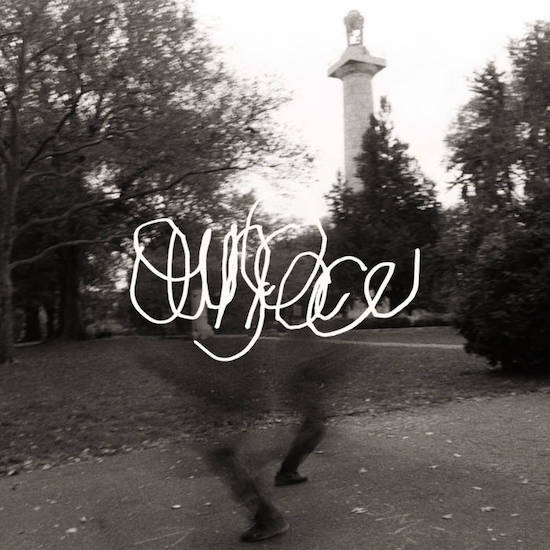2019 has not been a boon year for honest-to-god rap collectives. One of the most intriguing, however, is sLUms, a set of New Yorkers who have already established a firm identity from short songs, foggy sampling, jittery loops and reference points as wide as cloud-rap and neo-psychedelia. Including MIKE, Slauson Malone and the co-sign of Earl Sweatshirt, these MCs spit with an unconcerned facade, veiled by a fog of weed-smoke and nonchalance. Their unpolished delivery has brought comparisons to jazz, but it masks a penchant for complex rhymes and lyrical substance. Medhane can’t be talked of without mention of sLUms – he shares their signature style and collaborators – but his voice is unique among them.
The malaise of being young and broke in America weighs heavy on the mind of these songs. This is music made from and for solitary confinement, about a loneliness which exacerbated the stresses of an uncertain future. At twenty-two, Medhane returned to New York a graduate and “didn’t talk to anybody for a month… I was in my room by myself, numbing myself to the stuff I was feeling with Netflix all day”. A “thirty minute full-thought”, the tracks of Own Pace bleed together in a fog of this depressive state: stuttering beats and stunted samples ably evoke a racing mind; clipped vocals mimicking those inexorable thoughts which can’t be articulated because you don’t know where they came from. Amongst them Medhane pointedly airs his anxieties, saying “I can’t express the pain / Isolated days, what’s the price to change / Life is strange, love could turn to night today”.
The ingenuity of Own Pace is its structure, which punctuates the melancholy with two songs titled ‘Affirmation’. The new age technique is deployed in secular terms, with Medhane finding solace in small moments and tellingly embracing a world beyond his bedroom: “drop the window let the wind hit my face / Thinking about the days I made my own way”. Sonically, these songs are also the most cleanly produced: bongos evoke Al Green at his most casual and a gorgeous sample sings “never gonna turn around, I’m too far to turn back now”.
This isn’t music about outright trauma but a malaise more general: “ain’t nobody dead / but it’s raining”. These very real concerns show how much the zeitgeist has shifted. Medhane is from the same NYC that produced A$AP Rocky just eight years earlier, but while his collective sold bling-era fantasies, here is a twenty-two year old man addressing a world that’s sometimes too real to bear. Jay Z famously had to “make the Song Cry”, but almost two decades later Medhane confesses that “my eyes don’t shed tears, they weep”. Depressive music doesn’t necessarily evoke the emotions of its subject matter however. This work is an act of catharsis for its creator, but one of solidarity with each one of his peers who may see their own pain in his words.


